Webinar on Imam Ruhullah Mousavi Khomeini (r.a)
East Africa Webinar Conference on demise Anniversary of the Founder of the Islamic Revolution
This conference was organized by the Cultural Consulate of the Embassy of the Islamic Republic of Iran in Kenya with cooperation with the counterparts in Uganda and Tanzania and was convened by Athman Farsi, Staff at Iran Cultural Council – Nairobi, Kenya.
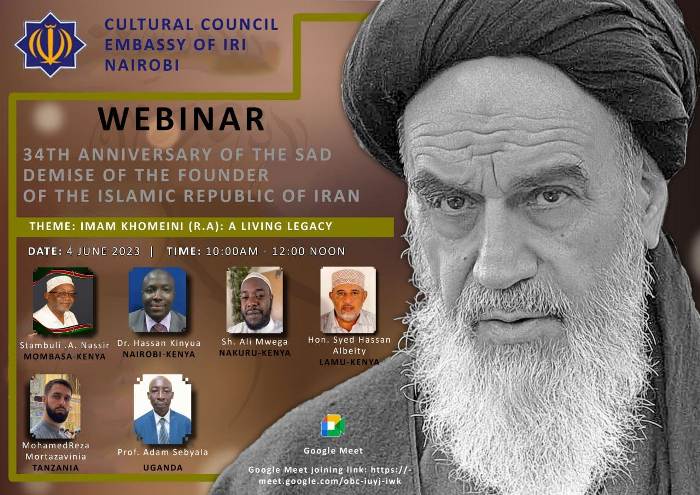
This online meeting was attended by Luymbaazi Isah Katungulu, the cultural expart at the Cultural Consulate of the Embassy of the Islamic Republic of Iran in Uganda among others.
While presenting, Prof. Adam Sebyala, Author & Academician, Professor at Al-Mustafa Islamic University, Uganda spoke about Imam Khomeini’s perspective on Social Justice and Equality.
Professor Adam discussed Imam Khomeini's commitment to social justice, equality, and the rights of marginalized groups.
He also highlighted his efforts to address poverty, corruption, and injustice, and examine the on-going relevance of these principles in today's society.
He noted that imam Khomeini built a very strong personality and led from the front, the first one to implement to effect the policies by denying himself from enjoying state services to be given to him.
Imam Khomeini took the world back to the centuries of prophet Muhammad (PBUH) morally, ethically, and socially within the rims of Islamic culture
Dr. Hassan Kinyua, An Author, lecturer at University of Nairobi (UON), consultant, a lawyer, mentor, Imam, mediator, counselor from Kenya spoke about Imam Khomeini’s push for Unity and Interfaith Dialogue.
He emphasized Imam Khomeini's message of unity among Muslims and interfaith dialogue.
He therefore explored Imam Khomeini’s efforts to bridge gaps between different sects and religions, promoting understanding and peaceful coexistence.
He noted that Imam Khomeini taught us to tolerate others
Stambuli Abdul Nassir, Historian, Religious Scholar, and Media Personality from Mombasa, Kenya spoke about Imam Khomeini and his International Influence
Mohamed Reza Mortazavinia, Renowned Religious Scholar from Tanzania spoke about Resistance and Liberation in the eyes of Imam Khomeini.
He said that its only resistance which can bring change just African countries fought colonialism and eventually succeeded. He said that Imam Khomeini taught us to believe and rely on God if we desire any change in our lives and societies.
He quoted surat Ashura that we should resist from injustices of any nature
Surat Ibrahim 12, Allah questions why we don’t trust and rely on Him
He explored the concept of resistance and liberation as exemplified by Imam Khomeini. He also discussed his unwavering stance against imperialism, his support for oppressed nations, and the lasting impact of his message of resistance.
Sheikh Ali Mwega, a Religious Scholar from Nakuru, Kenya spoke about Imam Khomeini’s view on Spirituality and Faith
He emphasized the spiritual teachings of Imam Khomeini and the significance of faith in his life.
He also explored how his spirituality guided his actions and decisions, and how it continues to inspire people to deepen their connection with their faith.
Hon. Syed Hassan Albeity, Religious Scholar and Politician from Lamu, Kenya spoke about Imam Khomeini (r.a) and his Ideology
He examined the global influence of Imam Khomeini and the Islamic Revolution.
He also discussed the impact of his ideas and principles beyond Iran's borders, the formation of new political movements, and the inspiration he provided to oppressed communities worldwide.
He noted that Imam Khomeini used a new Islamic approach of revolution which was so unique compared to other revolutions where people use gun violence, money to manipulate the masses and atrocities because they need to take power.
He reminded participants that Imam Khomeini taught us to be the sons of Ramadhan and Karbara to sustain resistance and economic sanctions from the enemies.
This webinar aimed to commemorate his life, reflect on his impactful legacy, and explore the relevance of his teachings in contemporary times.
The webinar attained the following Objectives:
- Remembering Imam Khomeini (r.a): Pay tribute to the life and contributions of Imam Khomeini, highlighting his role as a revolutionary leader, theologian, and advocate for social justice.
- Understanding Imam Khomeini's Teachings: Explore the key teachings, values, and principles espoused by Imam Khomeini, delving into his intellectual and spiritual contributions.
- Examining the Islamic Revolution: Examine the historical context, factors, and impact of the Islamic Revolution led by Imam Khomeini, focusing on the social, political, and religious transformation it brought about.
- Analyzing Imam Khomeini's Leadership: Assess the leadership qualities exhibited by Imam Khomeini, including his courage, determination, and unwavering commitment to the well-being of the people.
- Evaluating the Global Impact: Examine the influence of Imam Khomeini's ideas and the Islamic Revolution on regional and global political landscapes, as well as their implications for social justice movements and Islamic governance.
- Inspiring Social Change: Highlight the relevance of Imam Khomeini's teachings in addressing contemporary challenges and inspiring positive social change, emphasizing the importance of justice, unity, and compassion.
- Promoting Dialogue and Understanding: Encourage interfaith dialogue, fostering a deeper understanding of Imam Khomeini's teachings among participants from diverse cultural and religious backgrounds.
- Celebrating Imam Khomeini's Cultural Contributions: Recognize Imam Khomeini's contributions to art, literature, and poetry, showcasing the cultural heritage he helped shape.
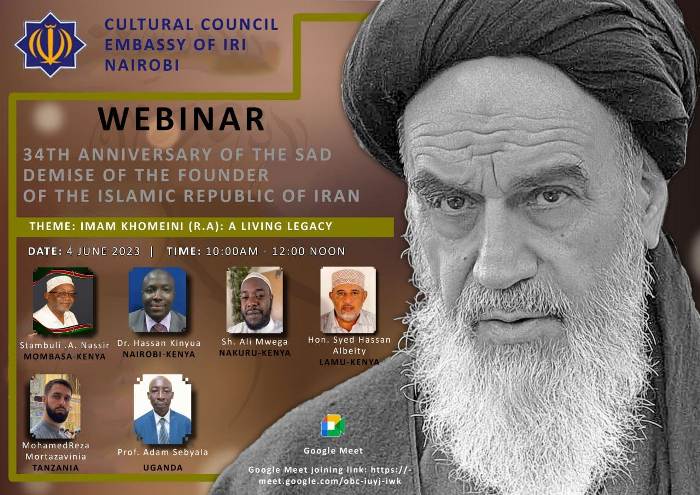
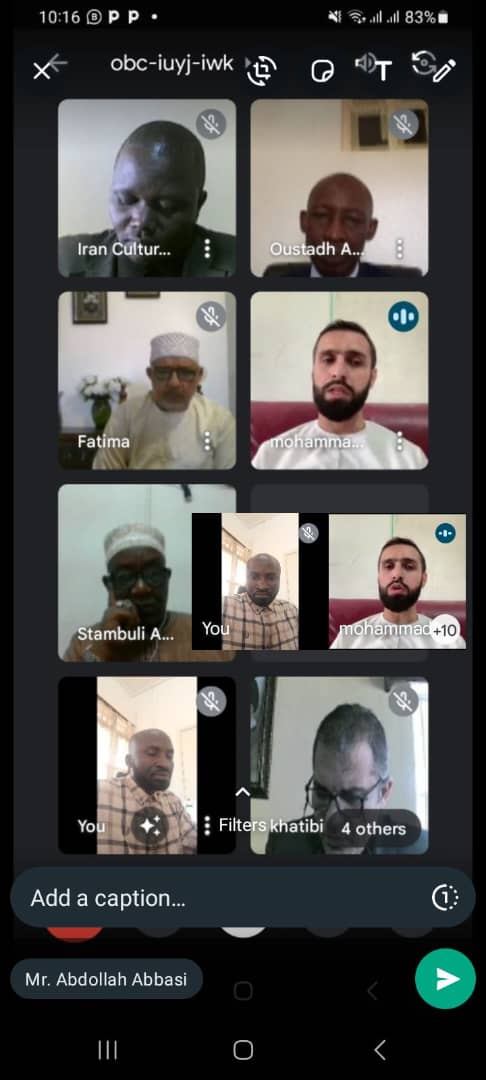

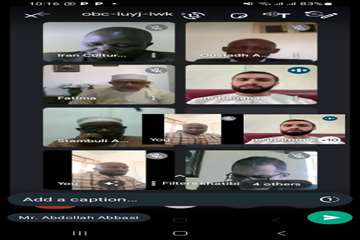
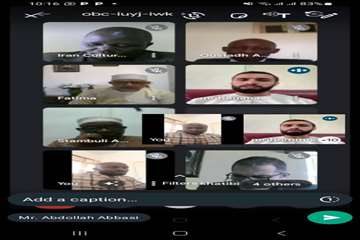
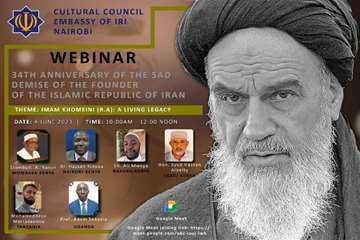
Write your comment.